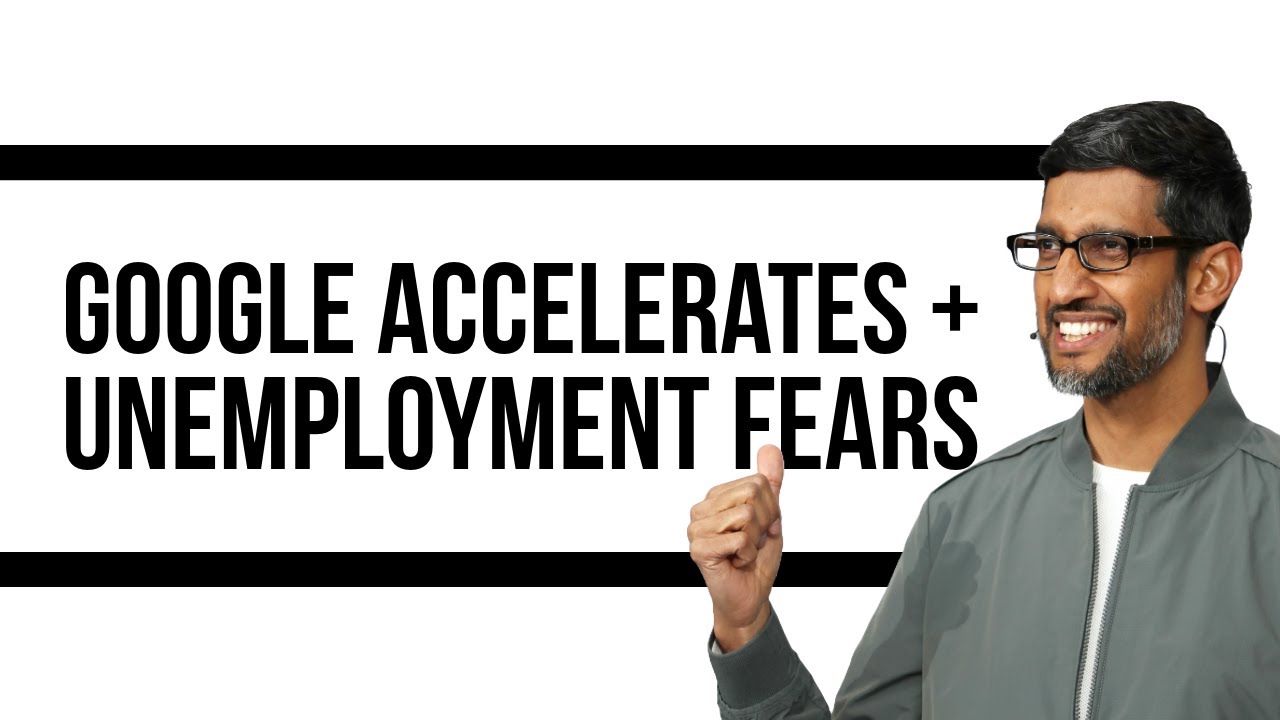The video discusses rapid advancements in AI, highlighting Google’s Gemini 2.5 Pro model’s superior performance and the gradual, cautious outlook on achieving true AGI, while emphasizing that AI’s impact on employment will be incremental rather than immediate. It also critiques the hype around AI job elimination, noting current limitations like hallucinations, and predicts significant societal changes in the coming decade as AI continues to evolve and integrate into various aspects of life.
The video highlights the rapid advancements in AI, focusing on Google’s latest Gemini 2.5 Pro model, which outperforms other leading models like Claude Opus 4 and OpenAI’s GPT-3. The new Gemini 2.5 Pro boasts impressive benchmarks, including faster response times, lower API costs, and the ability to ingest up to one million tokens, significantly more than competitors. Despite these breakthroughs, Google executives like Sundar Pichai and Demis Hassabis have tempered expectations, suggesting that true Artificial General Intelligence (AGI) is unlikely before 2030. The speaker emphasizes that current models, while powerful, are still far from achieving full AGI, and progress is more incremental than revolutionary.
The discussion then shifts to the capabilities and limitations of Gemini 2.5 Pro, including its various versions and benchmark results. The latest iteration, expected to be widely adopted soon, demonstrates remarkable performance on scientific and knowledge-based tasks, often surpassing older or more expensive models. However, real-world testing reveals inconsistencies, such as difficulties with coding tasks or diagnosing issues, which highlight that benchmarks don’t always reflect practical usability. The speaker also shares personal experiments, noting that performance improvements are evident across multiple benchmarks, suggesting that AI models are rapidly closing the gap with human-level understanding.
A significant portion of the video addresses the impact of AI on employment, particularly white-collar jobs. While some headlines suggest an imminent “white collar bloodbath,” the speaker argues that the current data shows only modest increases in unemployment rates among college graduates, which are not yet alarming. He emphasizes that AI’s current limitations, especially hallucinations and errors, mean that human oversight remains essential. The “calm before the storm” theory is introduced, proposing that productivity will initially increase as humans work alongside AI, rather than being immediately replaced. True widespread automation, he suggests, will likely occur closer to the late 2020s or early 2030s, once models become more reliable and self-correcting.
The speaker also critiques the hype surrounding AI’s potential to eliminate jobs, citing past predictions that have not yet materialized. He references statements from industry leaders like Sam Altman, who predicted that hallucinations would be less of an issue within a couple of years—yet problems with AI hallucinations persist and are worsening. Companies like Cler and Duolingo have reversed their plans to fully automate customer service and language learning with AI, opting instead to rehire human workers. This reinforces the idea that AI’s impact on employment will be more gradual, with humans still playing a crucial role in ensuring accuracy and quality, especially in complex or sensitive tasks.
Finally, the video touches on the broader implications of AI progress, including increased investment and reduced regulation as nations compete in the AI race. The potential for a tipping point is discussed, where models finally overcome current limitations and become truly autonomous, possibly leading to rapid societal changes. The speaker warns that as models gain access to vast amounts of data through surveillance and robotics, complacency could give way to significant upheaval. Despite acknowledging the hype and skepticism from different sides, he concludes that the coming decade will see dramatic AI advancements, with both positive and negative consequences, shaping the future of work and society at large.
